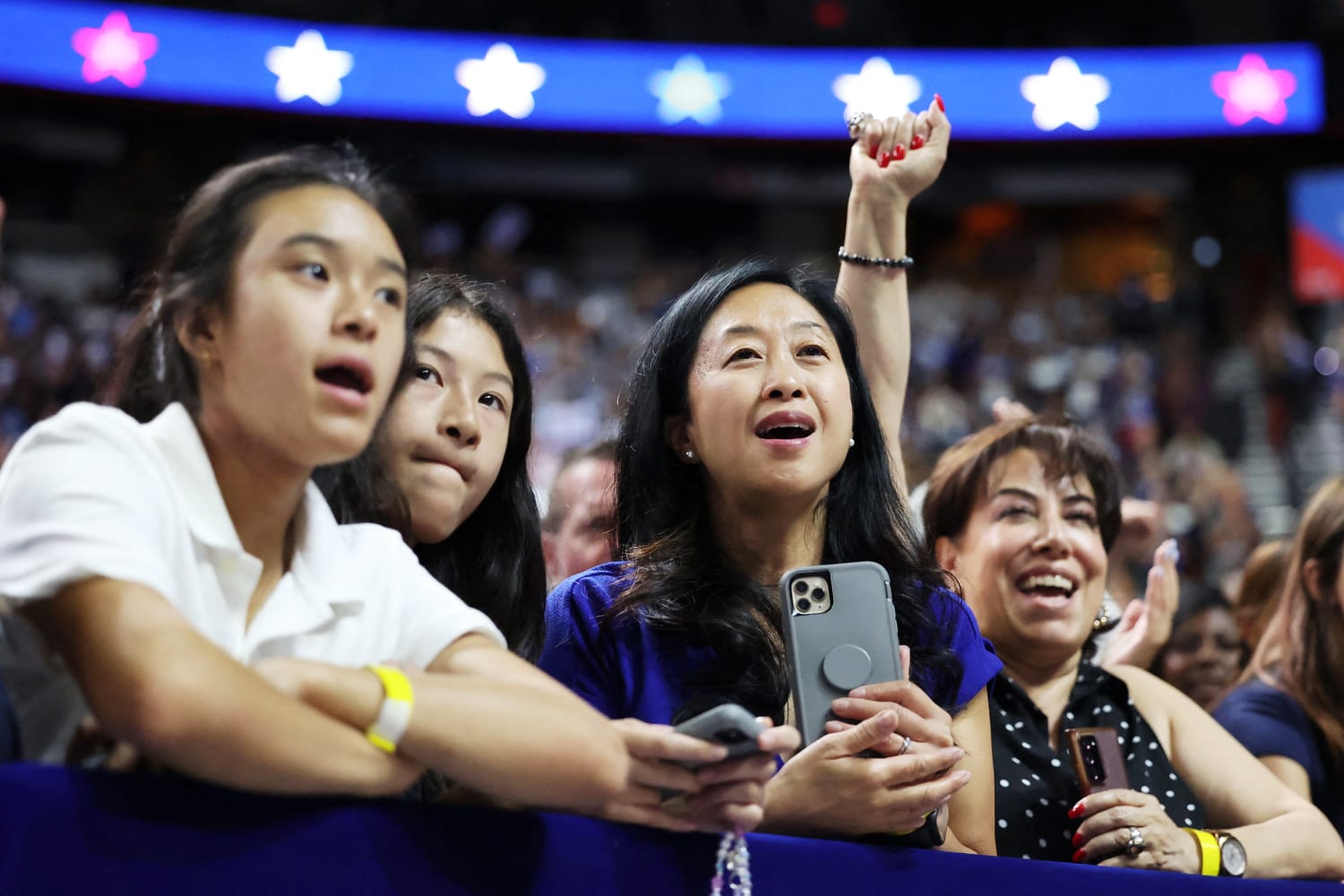While Asian Americans have historically been known as Democratic voters, their political positions vary depending on many factors—one of which is age. Older Asian Americans, especially those who have immigrated to the United States and naturalized as American citizens, tend to be more conservative-leaning because of values of economic stability and emphasis on traditional family structure. This inclination was influenced by experiences in their countries of origin, where political and economic turmoil often underscored the appeal of conservative principles. Issues like anti-communism and a focus on self-reliance resonated more with the older generation, creating a tendency to support more right-leaning policies.
On the other hand, younger Asian Americans, especially those raised in the United States, are shifting toward more progressive views and voting more democratically. The younger generation is generally more concerned with problems such as social justice, the environment, healthcare, and immigration. They grew up in a more diverse and inclusive society and are more likely to align with candidates who defend diversity, equity, and civil rights. Their experiences with issues like racial discrimination and the rise in anti-Asian sentiment have also influenced their political outlook, making them more supportive of policies that address systemic inequalities and promote social change.
The generational divide is not the only factor influencing Asian Americans’ political positions. The Asian-American community includes various ethnicities and cultural backgrounds. However, the trend shows a growing political influence of younger Asian Americans who are increasingly participating in the political process. As they become more active voters, their preferences may continue to reshape the political landscape, pushing the community toward more progressive platforms that address the unique needs and aspirations of this multifaceted group.

